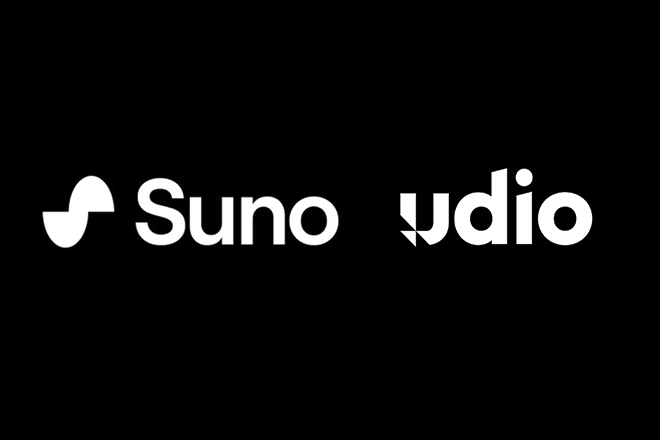Major labels take legal action against two prominent AI song generators over "unimaginable" copyright violations
The RIAA is seeking damages of up to $150,000 for each piece of infringed work which is alleged to reach an "almost unimaginable scales"

The Recording Industry Association of America (RIAA) has taken legal action against two prominent AI music generators for copyright infringement.
Record labels behind RIAA’s case include Sony Music Entertainment, Universal Music Group Recordings Recordings and Warner Records — all of whom are suing tech platforms Suno and Udio for infringement of copyrighted recordings "at an almost unimaginable scale," according to Billboard.
The case was filed on Monday, with the labels seeking an injunction to stop the companies from data training its software with copyrighted songs as well as damages of up to $150,000 (£118,200) on each piece of infringed work, Wired reports.
Read this next: The rise of AI music: A force for good or a new low for artistic creativity?
Both Suno and Udio are start-up operations but have become leading figures in the area of AI generative music, as both can create an entire song with the prompt of a single word — Udio is best known for being used to create the Metro Boomin-styled Drake diss track ‘BBL Drizzy’.
Mitch Glazier, RIAA’s chairman and chief executive, told The Guardian that the music industry was collaborating with responsible AI developers but "unlicensed services like Suno and Udio that claim it’s ‘fair’ to copy an artist’s life’s work and exploit it for their own profit without consent or pay set back the promise of genuinely innovative AI for us all".
"Building and operating [these services] requires at the outset copying and ingesting massive amounts of data to ‘train’ a software ‘model’ to generate outputs," the lawyers for the major labels share with Billboard.
The lawyers continue: "For [these services], this process involved copying decades worth of the world’s most popular sound recordings and then ingesting those copies [to] generate outputs that imitate the qualities of genuine human sound recordings."
Suno’s CEO, Mikey Shulman, shared the following statement with Billboard: "Suno’s mission is to make it possible for everyone to make music.
Read this next: Google AI can now create "soundtracks" for video clips as part of new update
"Our technology is transformative; it is designed to generate completely new outputs, not to memorize and regurgitate pre-existing content," he continues. "That is why we don’t allow user prompts that reference specific artists."
"We would have been happy to explain this to the corporate record labels that filed this lawsuit (and in fact, we tried to do so), but instead of entertaining a good faith discussion, they’ve reverted to their old lawyer-led playbook. Suno is built for new music, new uses, and new musicians. We prize originality."
Mixmag has reached out to both Sudo and Udio for a comment.
Becky Buckle is Mixmag's Multimedia Editor, follow her on Twitter

Mixmag will use the information you provide to send you the Mixmag newsletter using Mailchimp as our marketing platform. You can change your mind at any time by clicking the unsubscribe link in the footer of any email you receive from us. By clicking sign me up you agree that we may process your information in accordance with our privacy policy. Learn more about Mailchimp's privacy practices here.

 Psytrance festival blocked after local residents complain music is "form of torture"
Psytrance festival blocked after local residents complain music is "form of torture"

